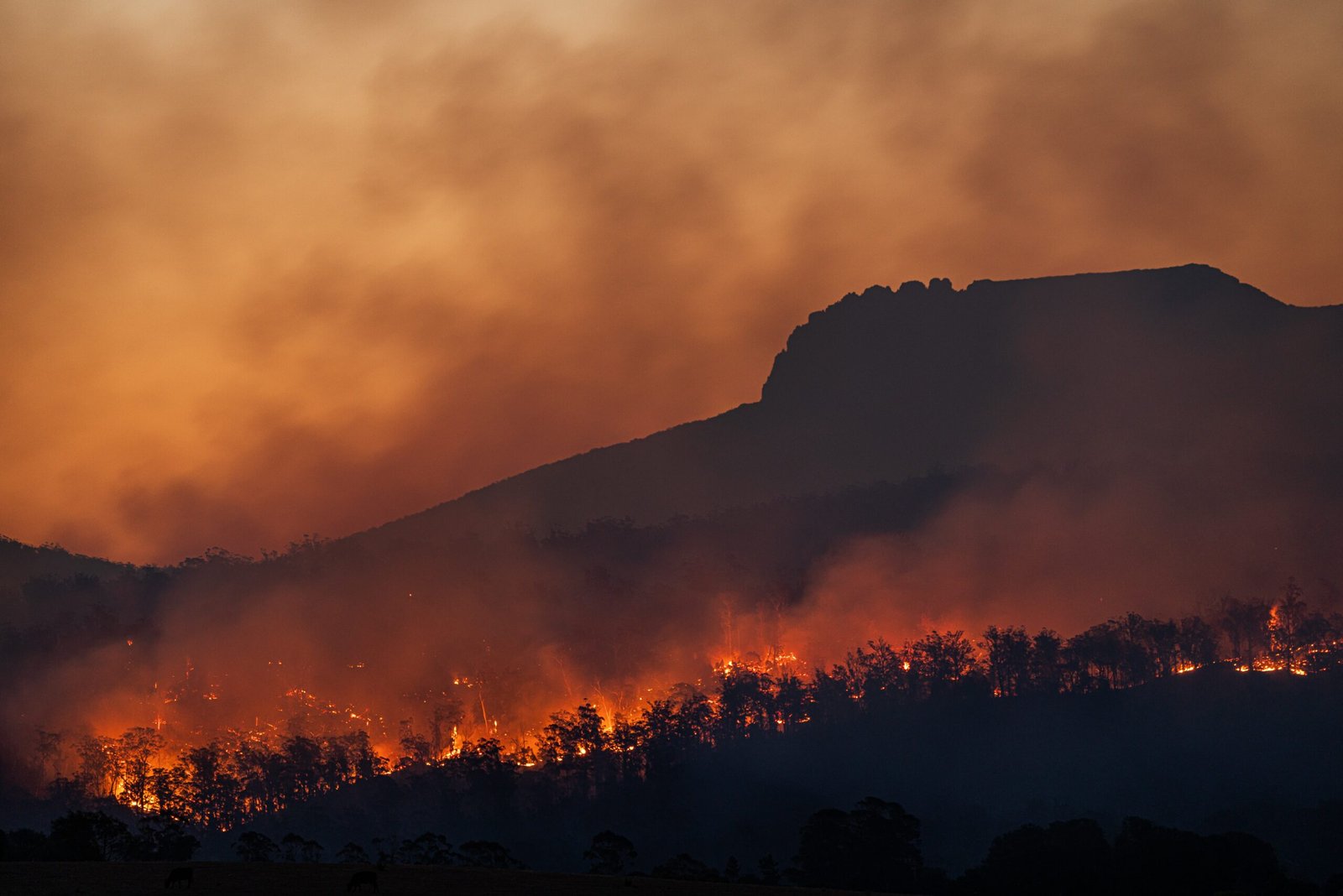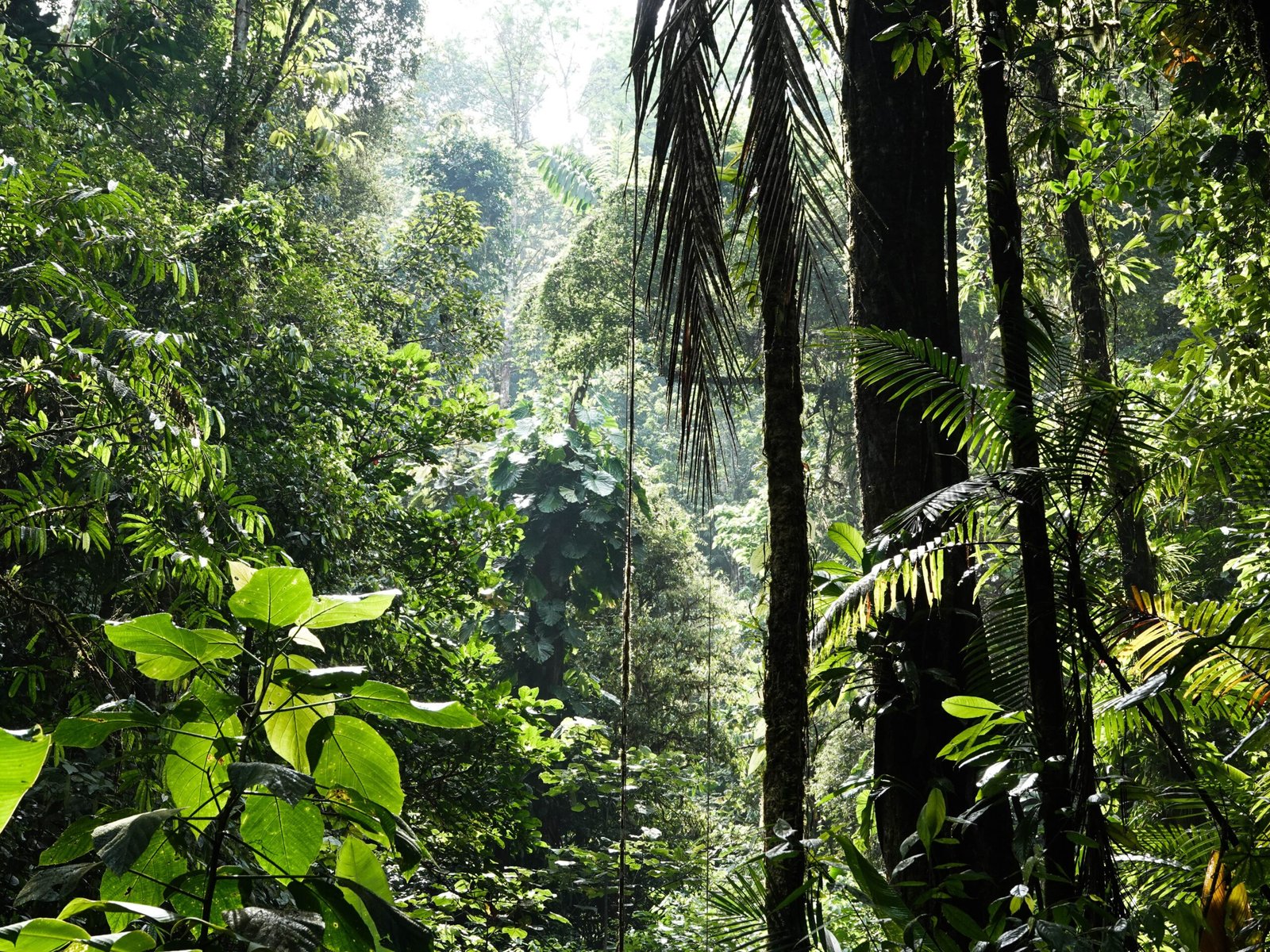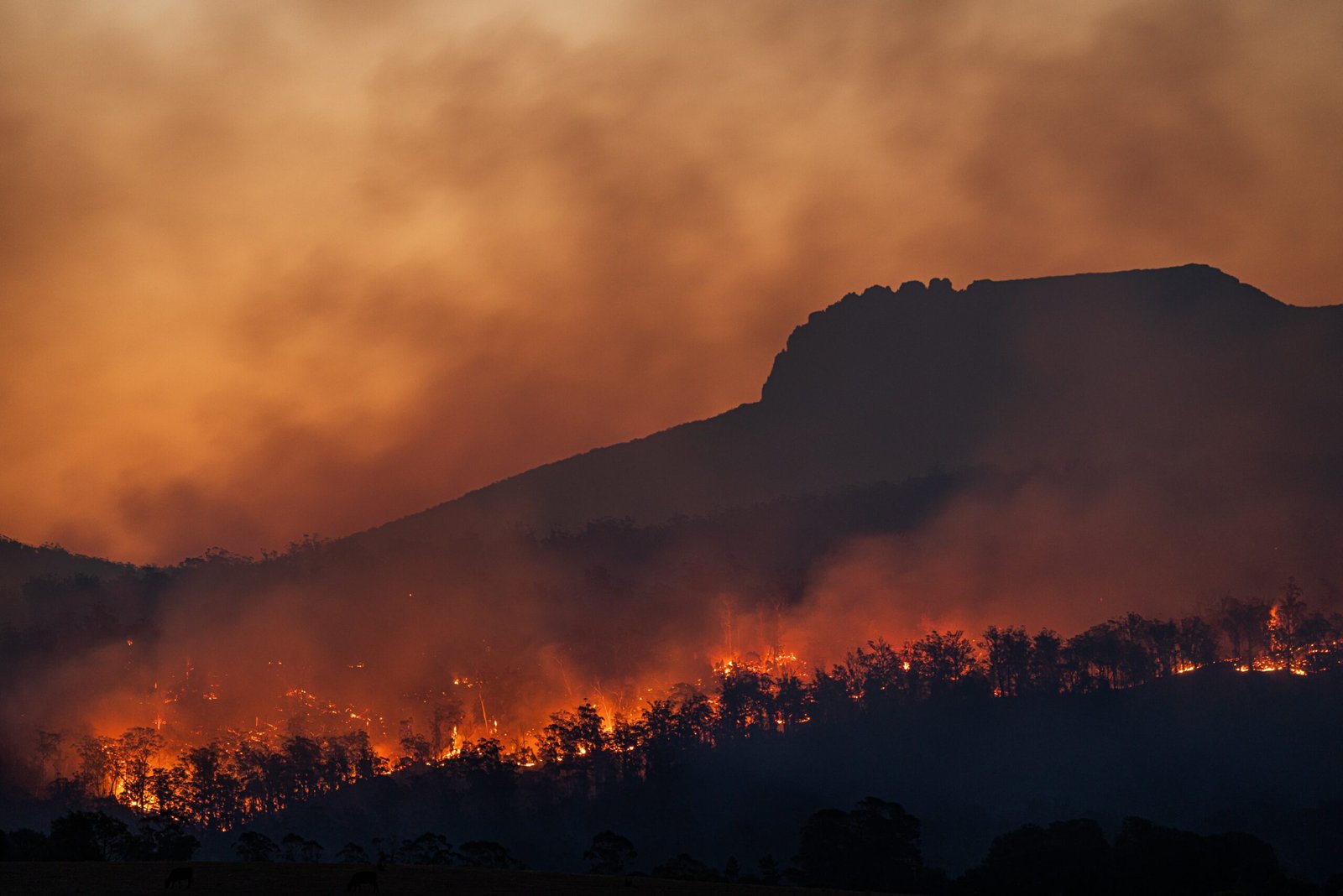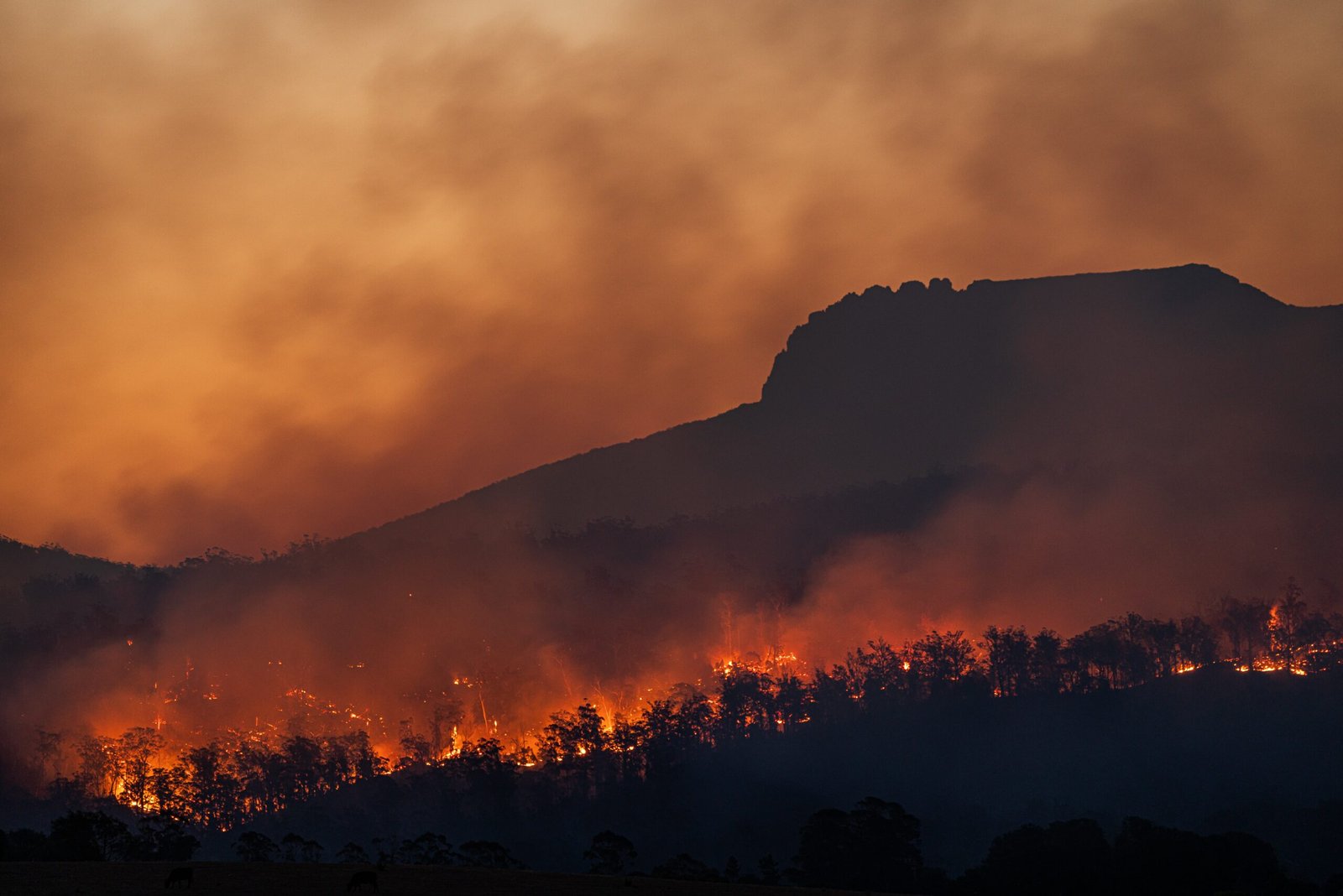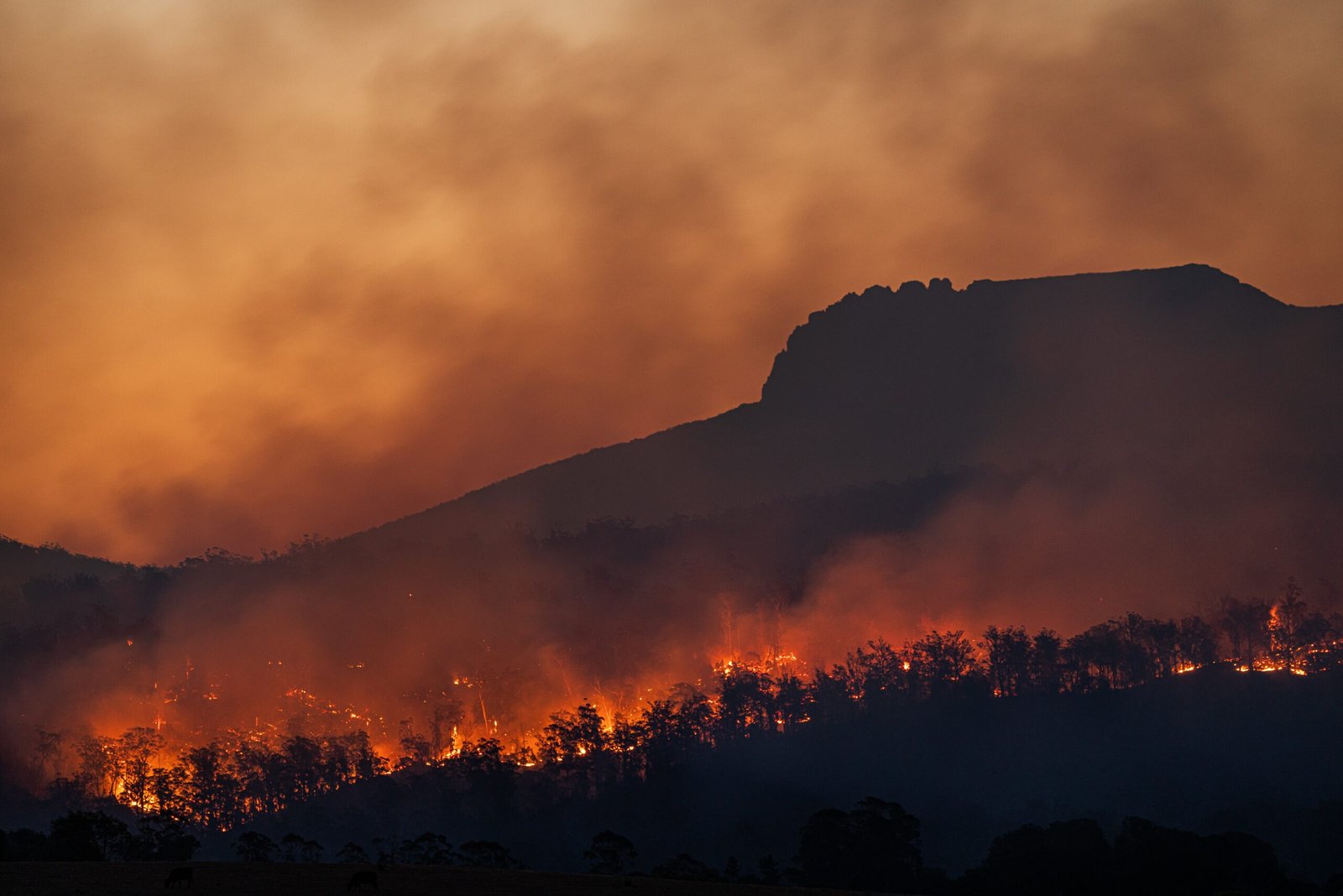The Impact of Climate Change: Understanding Eco-Anxiety and How to Cope
Climate change is a pressing issue that affects every aspect of our lives. As the planet’s temperature continues to rise, so does the concern and anxiety surrounding its consequences. This phenomenon, known as eco-anxiety, is a psychological response to the environmental challenges we face.
With the increasing frequency of extreme weather events, the loss of biodiversity, and the threat of rising sea levels, it’s no wonder that many individuals are experiencing eco-anxiety. This blog post aims to shed light on this topic and provide practical tips on how to cope with the emotional toll of climate change.
Understanding Eco-Anxiety
Eco-anxiety is a relatively new term coined to describe the feelings of fear, helplessness, and despair that arise from concerns about the environment and climate change. It is a legitimate and understandable response to the overwhelming challenges we face.
People experiencing eco-anxiety may feel a sense of guilt or responsibility for the state of the planet, leading to feelings of powerlessness and hopelessness. The constant bombardment of distressing news and images can exacerbate these emotions, making it difficult to maintain a positive outlook.
Coping Strategies
While it may be challenging to completely eliminate eco-anxiety, there are several strategies you can employ to cope with these feelings and take positive action:
- Stay Informed: Keeping up with the latest news and research on climate change can help you better understand the issue and feel more empowered to make a difference. However, it’s important to strike a balance and avoid becoming overwhelmed by negative information.
- Take Action: Channel your anxiety into productive action. Engage in activities that promote sustainability, such as recycling, reducing your carbon footprint, or supporting environmental organizations. Every small step counts towards a greener future.
- Connect with Others: Joining a community of like-minded individuals can provide a sense of support and solidarity. Participate in local environmental groups, attend climate change conferences, or connect with others online through social media platforms.
- Practice Self-Care: It’s essential to take care of your mental and emotional well-being. Engage in activities that bring you joy and help you relax, such as spending time in nature, practicing mindfulness, or seeking professional help if needed.
- Advocate for Change: Use your voice to advocate for policies and practices that prioritize sustainability. Write to your local representatives, sign petitions, or get involved in grassroots movements. Together, we can make a difference.
Frequently Asked Questions
Q: What is the main cause of climate change?
A: The main cause of climate change is the increased concentration of greenhouse gases in the Earth’s atmosphere, primarily due to human activities such as burning fossil fuels and deforestation.
Q: How can climate change impact our health?
A: Climate change can lead to various health issues, including increased heat-related illnesses, the spread of infectious diseases, and mental health challenges such as eco-anxiety.
Q: Can individual actions make a difference in combating climate change?
A: Absolutely! Every individual action contributes to the collective effort. Simple changes like reducing energy consumption, using public transportation, and supporting sustainable businesses can have a significant impact.
Q: Is it too late to reverse the effects of climate change?
A: While some irreversible damage has already occurred, taking immediate action to reduce greenhouse gas emissions and transition to renewable energy sources can still mitigate the worst effects of climate change.
Q: How can I talk to my children about climate change without causing anxiety?
A: It’s important to be honest with children while also providing reassurance and emphasizing the positive actions they can take. Focus on empowering them to make a difference and highlight the collective effort to combat climate change.
Conclusion
Climate change and eco-anxiety are intertwined issues that require our attention and action. By understanding eco-anxiety and implementing coping strategies, we can navigate the emotional challenges associated with climate change while making positive contributions to a sustainable future.
Remember, you are not alone in this journey. Connect with others, take action, and advocate for change. Together, we can create a world where eco-anxiety is replaced with hope and resilience.
Join the movement today and encourage others to share this important message on social media. Together, we can make a difference.
